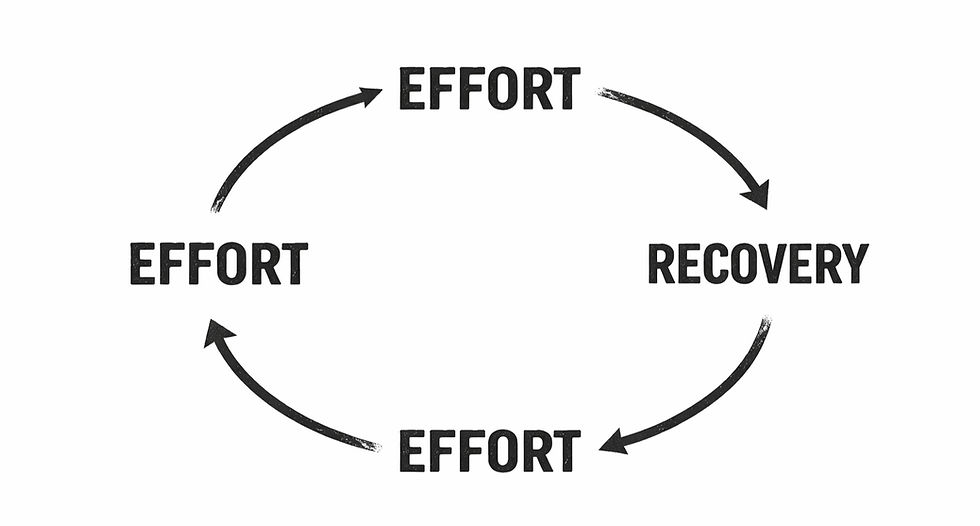The Power of Music on Brain Health and Emotion
- Lauren Lee
- Apr 4, 2025
- 3 min read
Welcome to the this week's blog post of Brain Behind Behavior! Today we will explore how listening to music engages multiple critical brain regions, boosts mood, and even aids in therapy. Music can be an extremely powerful tool for therapeutic practices for conditions such as PTSD or depression. Here, you will learn the neuroscience behind music's beneficial effects and how you can apply this knowledge to your own life to improve your mental health.
Everyone can understand the indescribable happiness that they feel upon listening to one of their favorite songs. Whether it be belting out the lyrics or simply just enjoying the sound, music can touch the soul and express an individual's internal state in a way that nothing else can.
Many may not realize it, but music is a universal language that has the unique ability to elicit impactful cognitive and emotional responses. In the brain, music promotes transformative changes that can aid in neuroplasticity and neural networks. This applies to multiple stages of the human lifespan all the way from prenatal development to the physical and mental difficulties of aging; music influences cognitive, emotional, social, and physical wellbeing.
According to the Harvard School of Medicine, music awakens the hippocampus and amygdala, thus activating an emotional response to the music through the limbic system (induces motivation, pleasure, and reward), memory, and the motor system of the body. This can explain why we tend to tap our feet, clap our hands, or sway our head when we hear music.
The astonishing effects of music do not just stop there-they can impact one's cognition at the earliest and oldest ages as well. For example, during pregnancy, listening to music can significantly improve the mother's mood and well-being, fostering a strong connection between the mother and her infant. In older adults, music is closely correlated to sustained brain volume and the activation of vital neural networks in the brain responsible for controlling executive functions, memory, and the processing of language and emotions. This contributes to an overall positive mental health throughout the entire lifespan.
Additionally, many studies have proven that music can alleviate the pain felt among individuals experiencing painful health conditions, disorders, or diseases. The level of pain lowers because of music's ability to modulate the pain response in the brainstem, spinal cord, and multiple cortical regions. Since music can distract feelings of pain and modulate brain responses to pain perception, it is highly beneficial for aiding mental health. Moreover, music therapy-music interventions used to address physical, cognitive, social, and emotional needs of individuals-has potential clinical applications in which music can retrain impaired brain circuits and can positively affect social bonding, cognition, and language processing, acting as an important tool for wellbeing, education, and healthcare.
Benefits of music on cognition & mental health:
(1) Emotional Resonance: Music has therapeutic elements that significantly impacts various emotional states by alleviating feelings of anxiety, stress, or depression (National Center for Biotechnology Information, 2023).
(2) Enhances Cognitive Function: Music is a cognitive enhancer, meaning it can positively affect brain functions including memory, attention, and learning (National Center for Biotechnology Information, 2023).
(3) Boosts mood: Listening to music can engage brain pleasure pathways. Music-evoked pleasure changes cerebral blood flow in areas of the brain that control motivation and reward.
Ultimately, music not only affects your emotional state but also your mental condition. Utilizing music to reduce feelings of stress or anxiety, improve your mood, or even simply to express yourself is a great way to promote your psychological, emotional, and mental health!





Comments